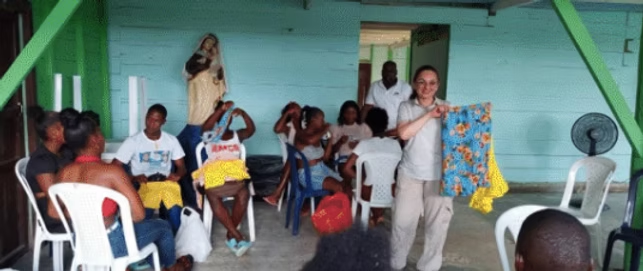In Tagachí, a remote and conflict-affected region of Chocó, Colombia, families face a heartbreaking reality: adolescence is no longer a time of celebration, but fear. As children reach their teenage years, they are often targeted by armed groups for forced recruitment. To protect them, parents are left with no option but to send their sons and daughters away—sometimes to unfamiliar cities, to live with friends, neighbors, or distant relatives—just to keep them alive.
Red Tamar, alongside the Claretians and Laurita Sisters, is working to change this narrative. Through simple but powerful vocational training programs, they are offering a lifeline to at-risk youth. Participants learn skills in tailoring, traditional crafts, stationery production, and food service—skills that not only help preserve cultural identity but also open doors to safe employment and entrepreneurship in other parts of the country.
The training serves two vital purposes: it gives youth a tangible way to support themselves while displaced, and it interrupts the pipeline of exploitation that arises when forced migration goes unsupported. Red Tamar also works closely with women who have experienced violence related to the conflict, helping them launch poultry microenterprises to regain financial independence and community stability.
Beyond the direct services, the organization engages with schools, universities, and law enforcement to raise awareness about trafficking and exploitation. Their presence in cities like Cali, Bucaramanga, Medellín, and Cartagena allows them to maintain a strong national network of prevention and survivor-led recovery.
Your support helps young people in Colombia escape cycles of violence and displacement by giving them the skills and confidence to build a better future. Together, we can prevent exploitation before it happens and help restore dignity to those already impacted.

.png)
We provide essential services tailored to survivors' needs, including family reunification, residential care, and reintegration programs for at-risk children and youth.
.png)
Through our accreditation processes and open-source collaboration, we connect and support aftercare organizations, enhancing the quality of care and support available to survivors globally.

Engaging with a global community of service providers, researchers, and advocates, we drive innovation and continual improvement in aftercare practices to combat human trafficking effectively.

Our active engagement spans Southeast Asia, Africa, and Latin America, where we support organizations in building brighter futures for survivors and uniting communities to end exploitation.